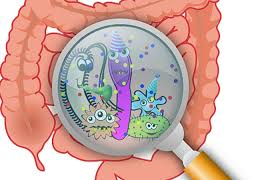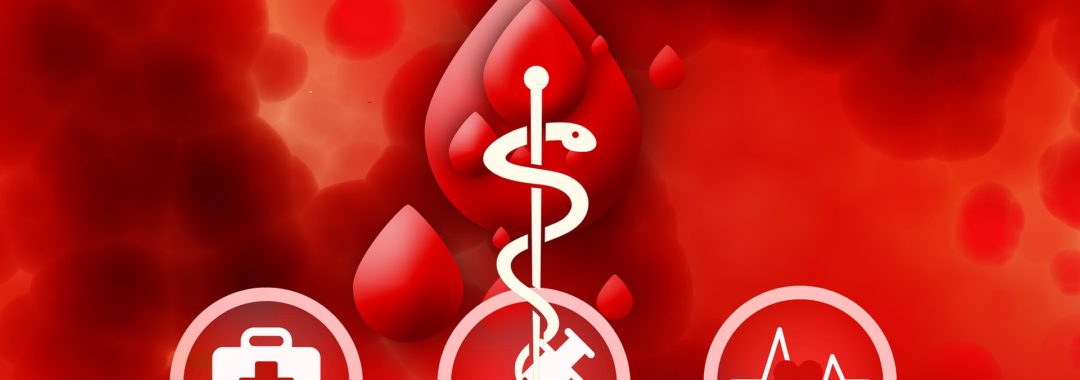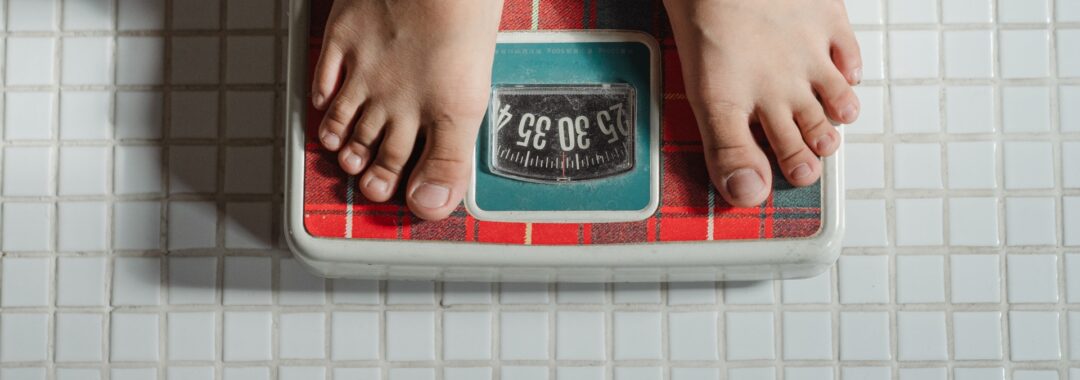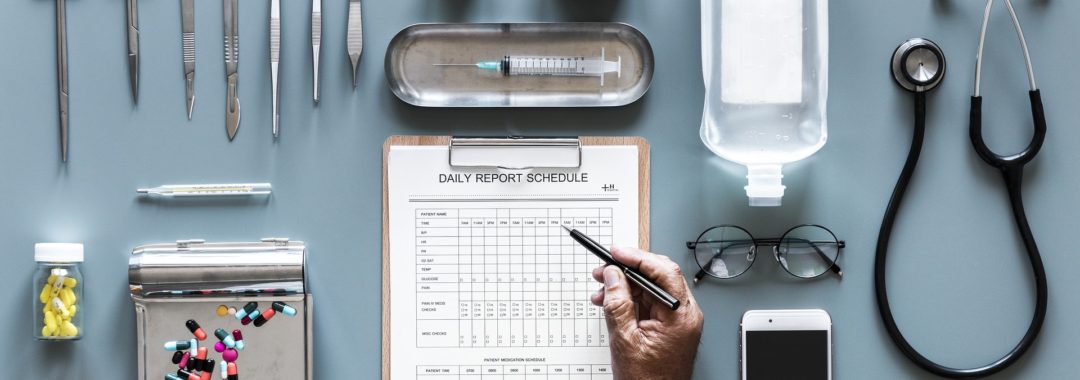Polycystic Ovarian Syndrome (PCOS) is a hormonal/endocrine/reproductive issue and is on the rise due to unhealthy food habits, low physical activity and high stress levels, a new study has found.
It has long been known that insulin resistance and poor dietary and lifestyle habits increase the risk factors for developing PCOS. While being overweight is a risk factor for PCOS, women can be of any body type and still develop PCOS. Women of all body shape can still have poor dietary and lifestyle habits and this is every increasing in our modern world.
Increased refined foods, increased refined grains, increased refined sugars and a sedentary lifestyle are big factors in developing PCOS and also other health conditions such as Diabetes and Heart disease.
We also know that high stress levels can lead to high cortisol levels and high inflammation in the body and then also be drivers of PCOS and many of the conditions that go with this disease state.
What is PCOS?
Polycystic ovary syndrome (PCOS) is the most common hormonal/endocrine/reproductive disorder among women of reproductive age. Symptoms can include include
- Irregular or absent menstrual cycle
- facial hair growth and excess body hair (hirsutism)
- Acne
- Increase weight and increase body fat (all body types can have PCOS)
- Infertility and difficulty conceiving
The condition has many physiological implications as well. It also results in emotional and psychological agony in affected women. For more information on PCOS, have a read of my page about “Polycystic Ovarian Syndrome”
A recently concluded study published on the 12th January 2019, has revealed that uncontrolled or untreated PCOS can raise the risk of diabetes, heart disease and infertility. It has also been concluded that psychological issues such as anxiety and depression can also be the consequence of untreated PCOS. This study fits in with many other recent studies and has prompted changes to PCOS guidelines.
The study was conducted on two groups — one group of 150 patients with untreated/uncontrolled PCOS and the other group of 150 women who had controlled PCOS. The study found that those affected with PCOS followed a poor lifestyle, consumed excessive junk food, had no or low physical activity, more intake of refined carbohydrates and high stress levels.
The study also discovered that there was lack of awareness among the affected women and about 40 per cent were seeking information online. This is a major cause of concern as there is a lot of misinformation on the internet and this is leading to women trying to self-diagnose and go off recommendations of friends and internet groups, rather than healthcare professionals who specialise in this area.
During the study, one group was taking probiotics along with maintaining good lifestyle, while the other group was only maintaining good lifestyle. While both groups showed improvement, the group taking probiotics had additional improvement.
Good gut health and restoring the microbiome is something that I have always promoted in women, not only with PCOS, but other gynaecological/reproductive issues as well. New research has shown that healthy levels of good gut bacteria not only help with restoring the microbiome and gut and digestive health, but also help with reducing inflammation, helping with a healthy immune system and helping with psychological health and wellbeing as well.
Women with PCOS need to be properly diagnosed first and then treatments require a multimodality approach with diet and lifestyle interventions as well. Women with PCOS also need to be properly monitored and managed by a healthcare professional and not go off self-diagnosis and recommendation of untrained people.
The long term consequence of mismanaged, or unmanaged PCOS can be damaging on many levels many patients are not aware of this. The problem these days is that everyone wants a quick fix, or a magic pill, and when things don’t seem to be working, they get impatient and either change treatments, or opt advice from untrained people, or friends and this can be very dangerous.
While self-education is very important, self-management can also be detrimental as conditions such as PCOS requires constant motivation, guidance and proper healthcare management. This was also highlight as part of this recent study.
The study also highlighted that the top 3 issues with PCOS were irregular periods, hirsutism and weight issues. Irregular periods, or absent periods affect about 7 in 10 women with PCOS. Hirsutism or the extra hair on face or other parts of body are seen in 70 per cent cases, while 70 per cent to 80 per cent of women with PCOS are either overweight or obese.
But, women of all body types can have PCOS so this also needs to be noted. Many women put off being investigated for symptoms of PCOS because they believe they need to be overweight to have this condition. There also older healthcare practitioners who still believe this to be the case and this is why it often takes up to 3 years for a woman to be properly diagnosed with PCOS.
There are also other symptoms of PCOS that are often overlooked. Acne, dark patches on the skin on back of neck and others areas, skin tags, hair loss, anxiety, depression, difficulty in getting pregnant, recurrent miscarriages and sleep apnoea are other symptoms that a woman may have PCOS.
What the study concluded
Besides the known factors such and diet and lifestyle, the study highlighted that many women with PCOS suffered in ignorance and isolation. Many women with PCOS are often take up to 3 years to be diagnosed and many are misdiagnosed on the way.
The study also showed that many women with PCOS were unaware of the long term fertility and health consequences, and many hardly have any information given to the about this disease. Many women with PCOS are dependent on internet, friends, other people with the disease etc, as their main source of information.
The study also showed that while routine treatments for PCOS are needed, they can be expensive and less effective than proper dietary and lifestyle control. Poor diet and lifestyle and increased stress levels are a major reason for the rising prevalence of the disease.
In the study diet and lifestyle changes had a comprehensive impact in controlling other health problems like insulin resistance, diabetes, and hypertension. When women were overweight, or obese, and they reduced body fat, there was also improvement in the symptoms and their testing reports.
Probiotic supplementation also had an overall additional benefit in reducing the abdominal fat, LH:FSH ratio, total testosterone, LPS level, menstrual regularity and also preserving the gut and digestive function. The addition of probiotics to any treatment regime for PCOS needs to be looked at as it could be a new PCOS treatment modality in future.
There are many things women can do to help PCOS and the associated symptoms and the short term and long term health consequences of the disease. While diet and lifestyle interventions needs to be part of this and is the number one treatment for PCOS, women with PCOS do need to be carefully monitored by a qualified healthcare practitioner. This then ensures proper care, management and also accountability and also ensures the disease in properly monitored along with any other changes in symptoms. It also helps with monitoring future fertility and future health issues as well.
If you do need help, or assistance with PCOS, please give my friendly staff a call and find out how I may be able to assist you.
Regards
Andrew Orr
-No Stone Left Unturned
-The PCOS Experts
-The Women’s Health Experts
References
-https://doi.org/10.3389/fendo.2019.00346









